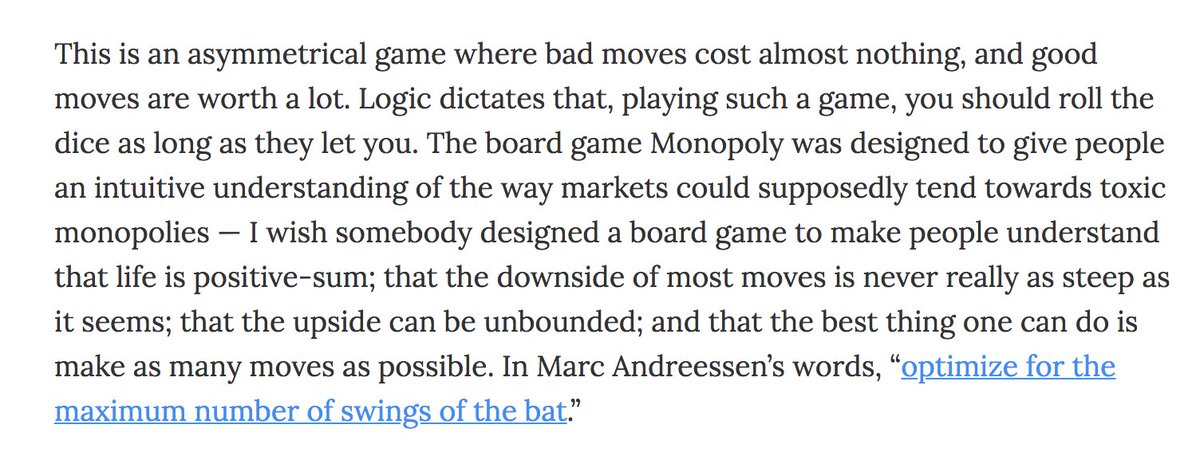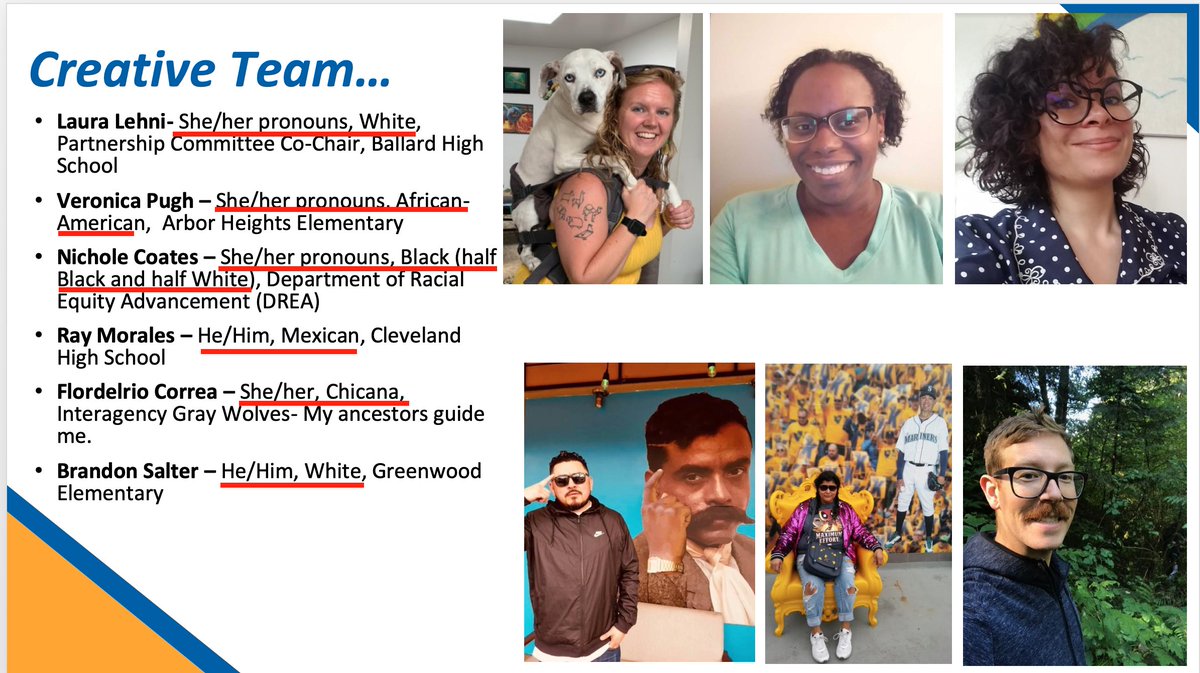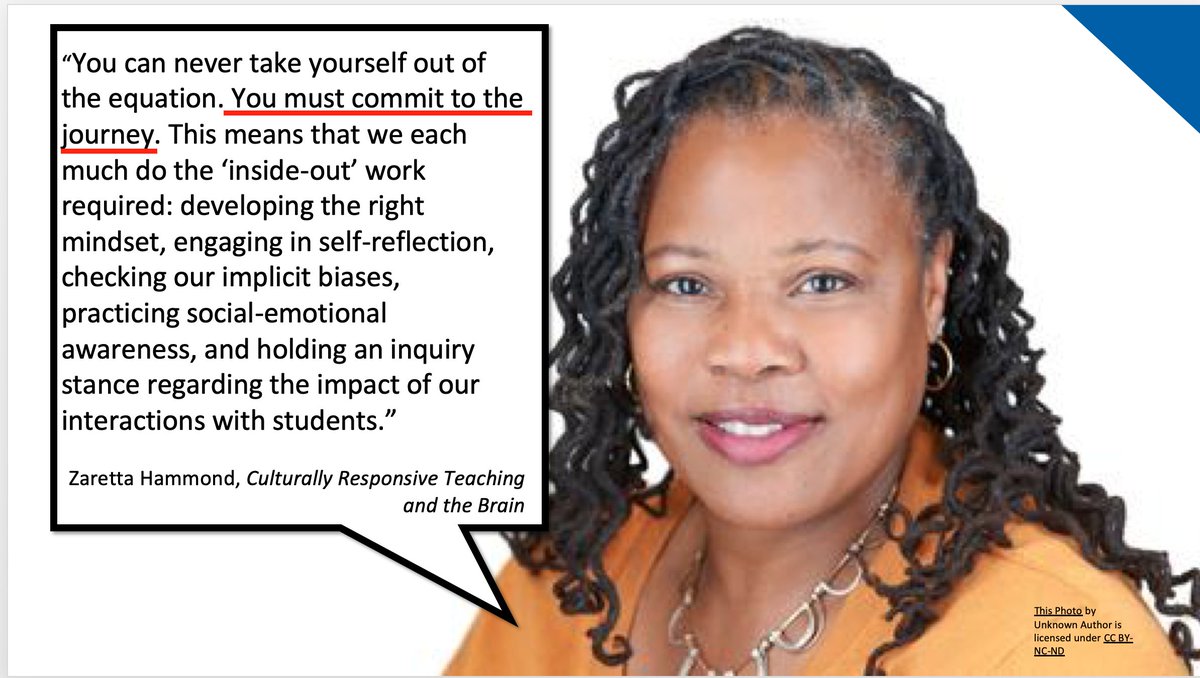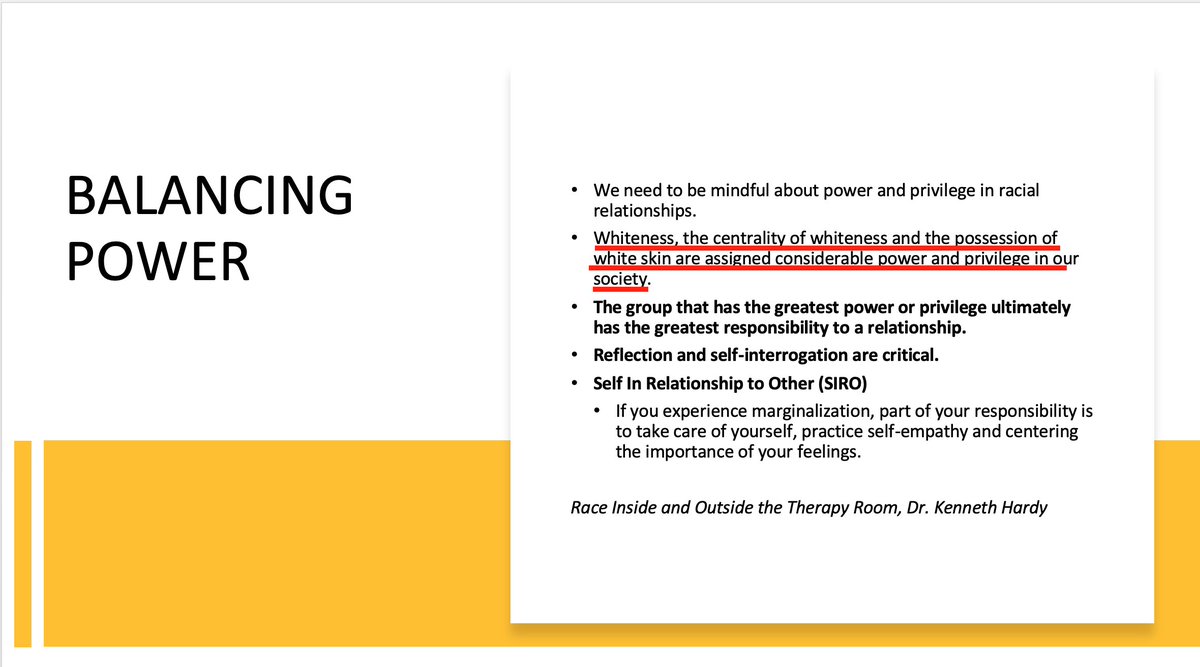2. Facilitating staff discussion and sharing is likely to be far more effective to develop practice within your school. /2
Improving Remote Education - A Thread.
Over the last couple of weeks, the discussion has been about what primary schools are offering to their communities and how we can improve on it.
I'm relistening to the sessions, so points may not be in order as I add them... 1/
2. Facilitating staff discussion and sharing is likely to be far more effective to develop practice within your school. /2
4. Entertainment and engagement are different things.
6. It is scary being beamed into someone's home, but having your home on show is also stressful. (perhaps something for Ofsted to consider, we are guests in other people's homes)
10. Give staff the option to invite SLT to sessions, not to observe but to participate.
12. How to video guides to support parents are useful too.
14. Encourage parents to feedback to you through appropriate channels. (You will have to manage expectations, but you need their view).
16. Try and find out how many actually have access to proper devices and not just phones.
18. Don't reinvent the wheel - if Oak do your lesson with full resources - don't record a new one just introduce it.
21. Have an overview of what you are teaching, and record who is accessing it and completing work. This will help in the future. It doesn't have to be complicated.
More from Education
*Re: Teachers have passed the test the Government have failed*
My letter in response to @GavinWilliamson's request for parents to complain about online provision of learning during global pandemic. It might appeal to parents & #EduTwitter alike. THREAD⬇️
I would like to echo the recent recommendation of my MP, who I understand has education as one of their priorities.
They lead with religious and political faith, and I'd like you to lend from their methods of applying faith over fact, if you could.
You see, I have faith in schools communicating clearly, consistently and safely as the facts have demonstrated they can. Unlike the cabinet.
Priti Patel announces even more deaths than I was expecting: "Three hundred thousand, thirty four, nine hundred and seventy four thousand"
— Parody Boris Johnson (@BorisJohnson_MP) April 11, 2020
That's almost twelvty ten squidillion.#COVID19 #pritipatel pic.twitter.com/Jf7a5E7BfI
Schools have acknowledged the fear and confusion communities have suffered when this government has failed to deliver clear and consistent messages that lend to 'common sense'.
This, despite the fact their 'common sense' pleas for the contradicting that of their own dangerous behaviour.
• 1297 USA Scholarships
• 5 Hot Tips for current B.S, Master/PhD applicants
• Admission and FULL Funding Info to Sweden🇸🇪, Australia🇦🇺, France🇫🇷, Germany🇩🇪 and China🇹🇷
• 6 IGTV Videos
Follow @Okpala_IU
A Thread
Are you working hard to study full time (Bachelor, MS, MBA, PhD) in the United States of America🇺🇸?
Here are 1297 verified Scholarships for year 2021
Search here: https://t.co/3AHhW7RUfK
Follow @Okpala_IU for more
Watch other videos on IGTV:
5 Hot Tips for current Bachelor, Master/PhD applicants
1. Standardized Tests (TOEFL, GRE, GMAT)
Yes, the school may have waived it for admissions but providing it definitely increasing your chances of getting funded. If it strengthens your overall profile, that is excellent.
2. Do not trivialize Letters of Recommendations
Remember that your application packet (all supporting documents) is what is being looked at while you are being considered for admission and funding. A lot of schools read LoRs very carefully so ensure you get strong letters.
Read my notes on LoRs:
If you are submitting a MS/PhD application for admission in the USA, this is for you.
— Ifeanyi Okpala (@Okpala_IU) June 23, 2020
Today, I am going to share one tip associated with the \u201cLetters of Recommendation\u201d required, which I think can make a lot of difference.
- Guiding your Recommenders on Information
Thread pic.twitter.com/uxPHB0W0Su
I am yet to find a fully convincing account of what caused the emergence of the two contrasting schools of Ahl Al-\u1e24ad\u012bth in the \u1e24ij\u0101z and Ahl Al-Ra'\u012b in Al-K\u016bfa.
— Amir Aboguddah \u0623\u0645\u064a\u0631 \u0623\u0628\u0648\u063a\u062f\u0629 (@Amir_Aboguddah) January 20, 2021
My issue with the accounts are as follows:
Ibn Khaldun makes an important distinction between what he calls العُمران الحضري and العمران البدوي, which, for convenience’s sake, I’ll translate as urban civilisation and rural/Bedouin lifestyle.
He notes that the rural world is largely nomadic, and, as such, Bedouins build character traits that assist the survivalist lifestyle — e.g. the fact that they have to kill snakes that might pop up at any time during their travels helps them build courage and bravery.
The lack of stability and a proper settlement means they don’t really have the luxury of sitting down to let their minds wonder around. They thus build a preservation mindset, which manifests itself through emphasis on memorisation and transmission.
Inhabitants of urban world, on the other hand, are largely settled and established. This means they face less attacks from snakes, lions or danger of human attack from other tribes. Thus, they don’t build the courage and bravery of the Bedouins.
You May Also Like
Week 1 highlights: getting shortlisted for YC W2019🤞, acquiring a premium domain💰, meeting Substack's @hamishmckenzie and Stripe CEO @patrickc 🤩
2/ So what is Brew?
brew / bru : / to make (beer, coffee etc.) / verb: begin to develop 🌱
A place for you to enjoy premium content while supporting your favorite creators. Sort of like a ‘Consumer-facing Patreon’ cc @jackconte
(we’re still working on the pitch)
3/ So, why be so transparent? Two words: launch strategy.
jk 😅 a) I loooove doing something consistently for a long period of time b) limited downside and infinite upside (feedback, accountability, reach).
cc @altimor, @pmarca

4/ https://t.co/GOQJ7LjQ2t domain 🍻
It started with a cold email. Guess what? He was using BuyMeACoffee on his blog, and was excited to hear about what we're building next. Within 2w, we signed the deal at @Escrowcom's SF office. You’re a pleasure to work with @MichaelCyger!
5/ @ycombinator's invite for the in-person interview arrived that evening. Quite a day!
Thanks @patio11 for the thoughtful feedback on our YC application, and @gabhubert for your directions on positioning the product — set the tone for our pitch!

Here's how I'd measure the health of any tech company:
— Jeff Atwood (@codinghorror) October 25, 2018
How long, as measured from the inception of idea to the modified software arriving in the user's hands, does it take to roll out a *1 word copy change* in your primary product?
Hiring efficiency:
How long does it take, measured from initial expression of interest through offer of employment signed, for a typical candidate cold inbounding to the company?
What is the *theoretical minimum* for *any* candidate?
How long does it take, as a developer newly hired at the company:
* To get a fully credentialed machine issued to you
* To get a fully functional development environment on that machine which could push code to production immediately
* To solo ship one material quanta of work
How long does it take, from first idea floated to "It's on the Internet", to create a piece of marketing collateral.
(For bonus points: break down by ambitiousness / form factor.)
How many people have to say yes to do something which is clearly worth doing which costs $5,000 / $15,000 / $250,000 and has never been done before.





















